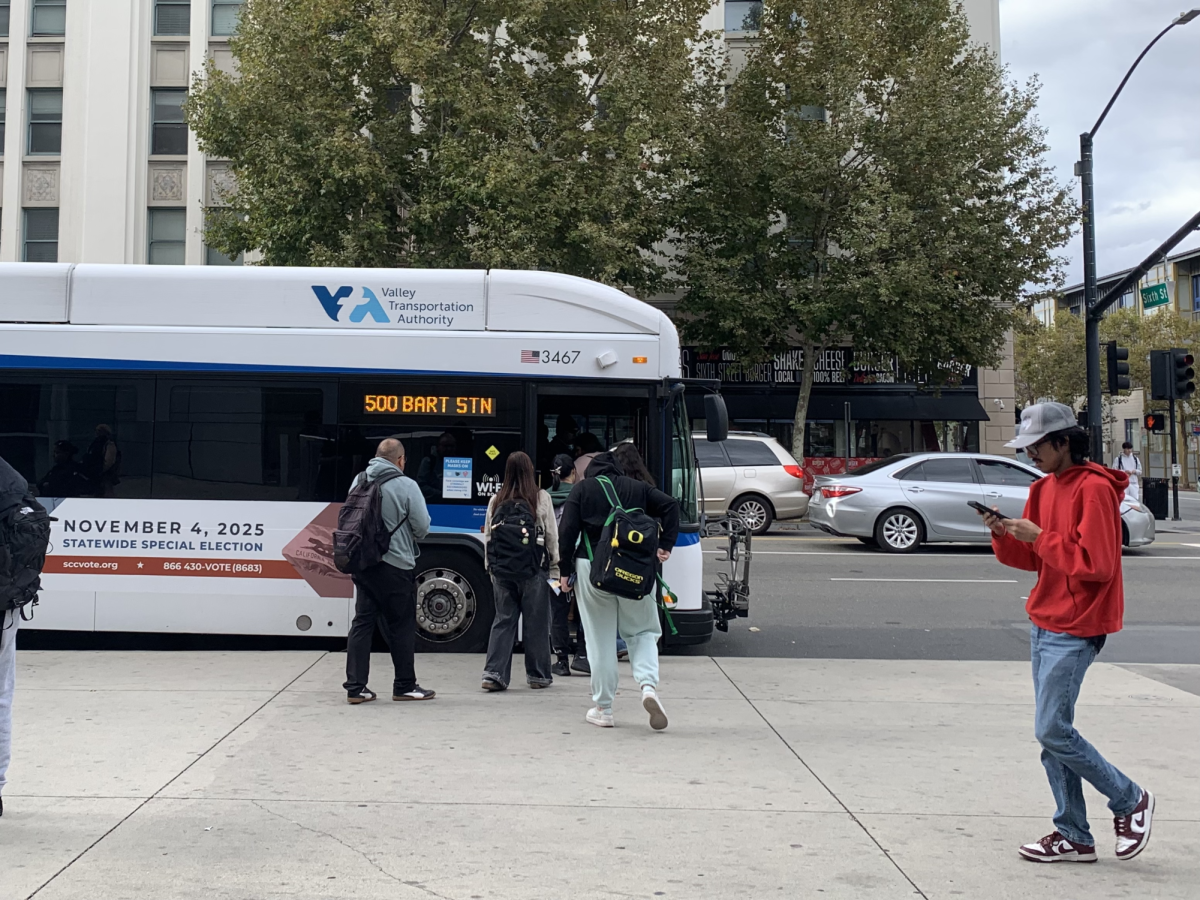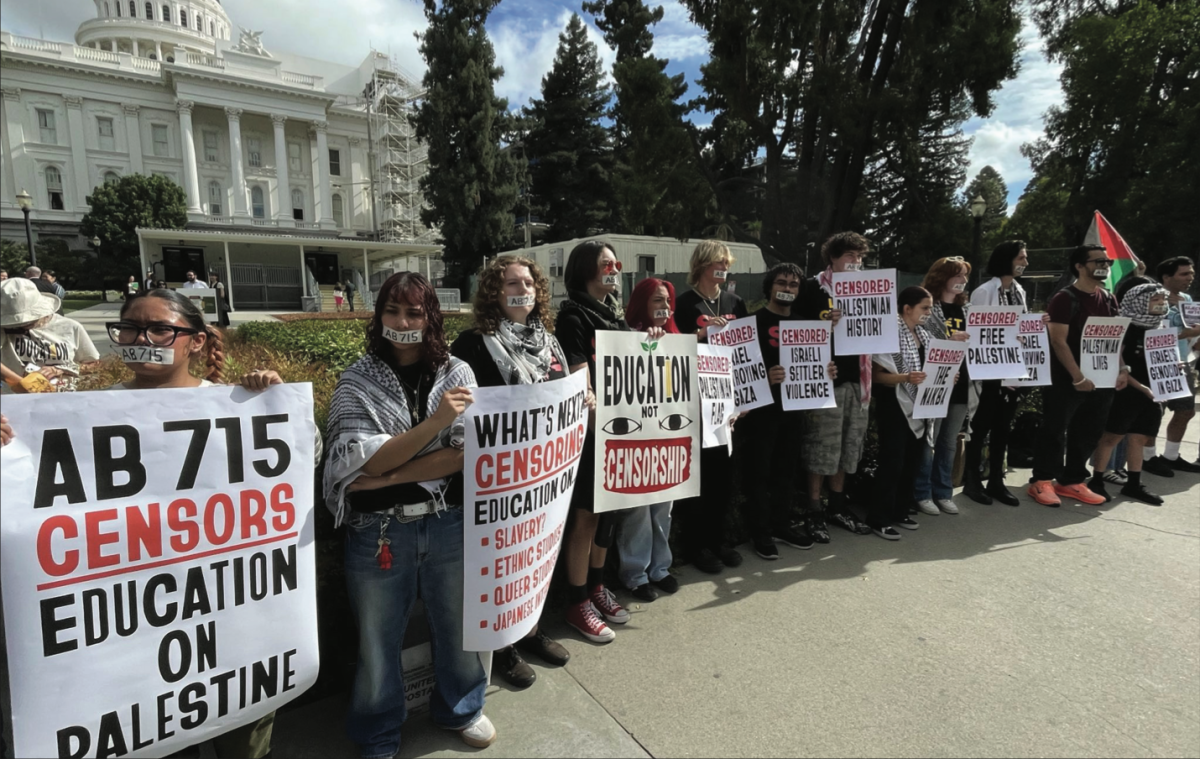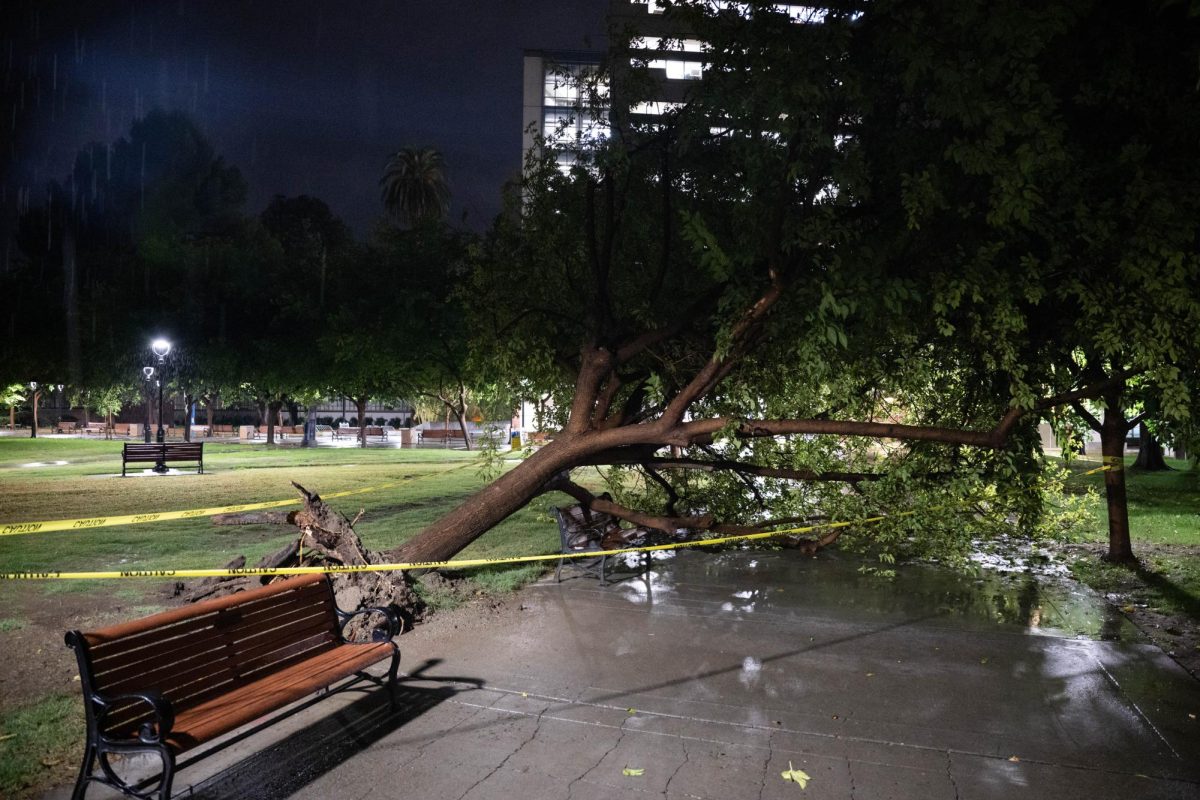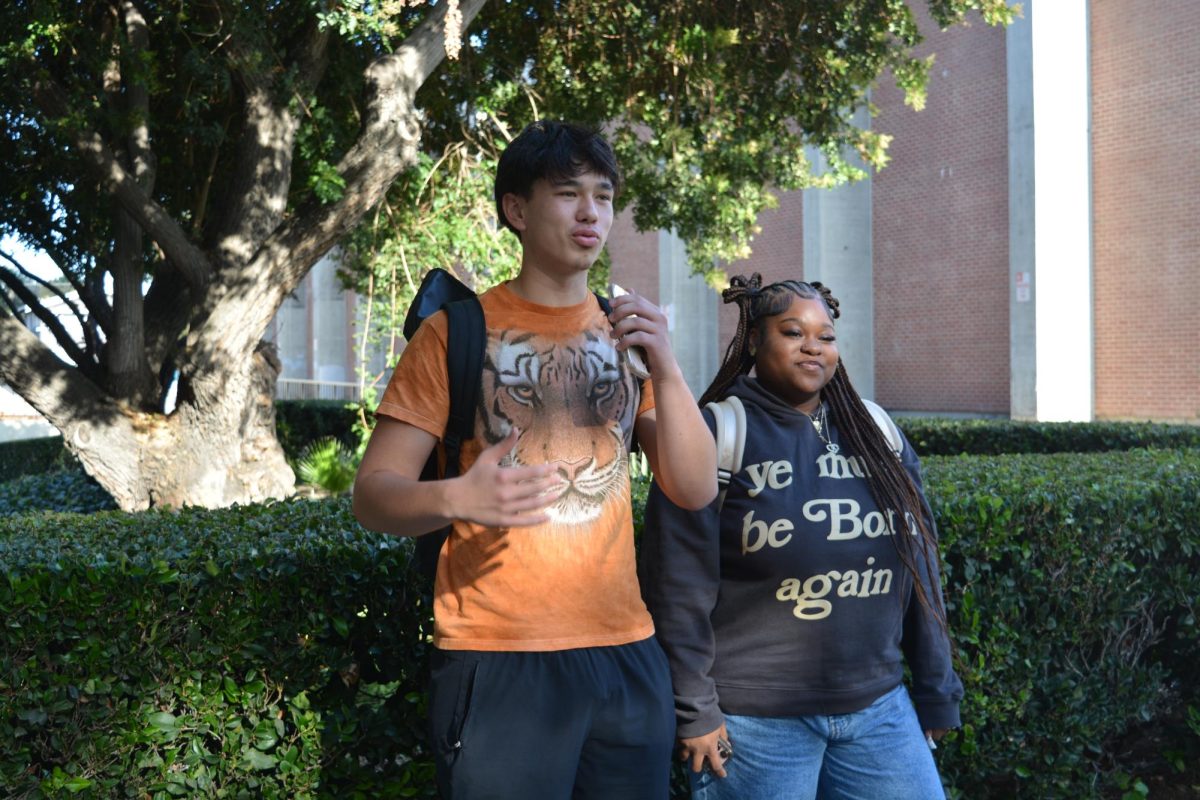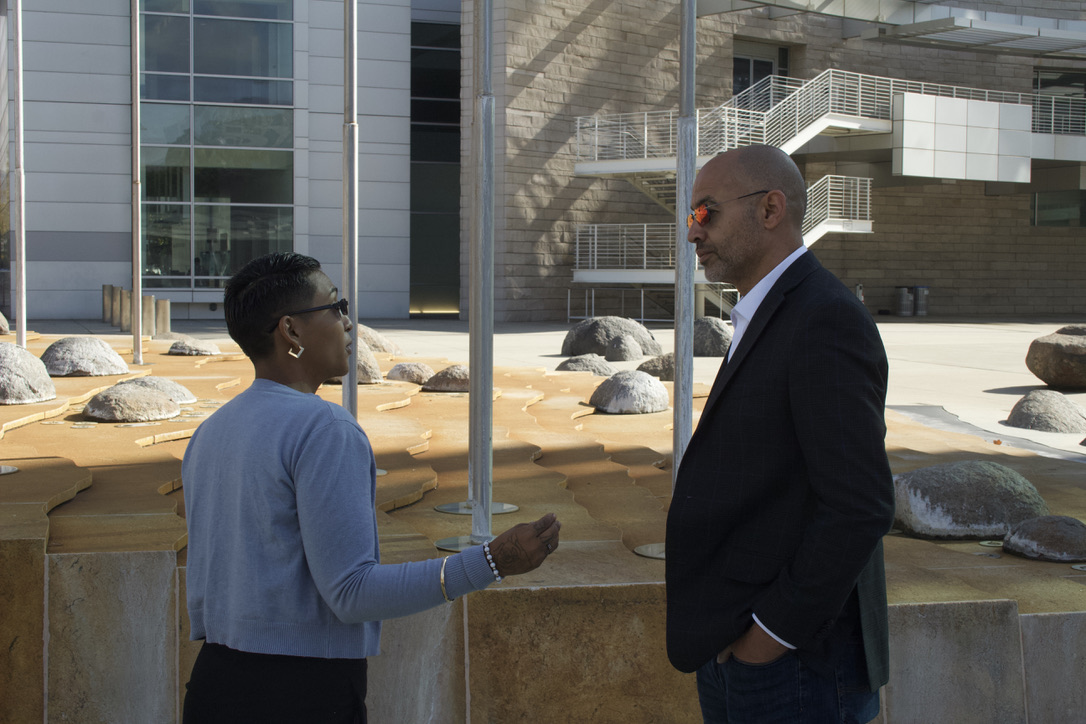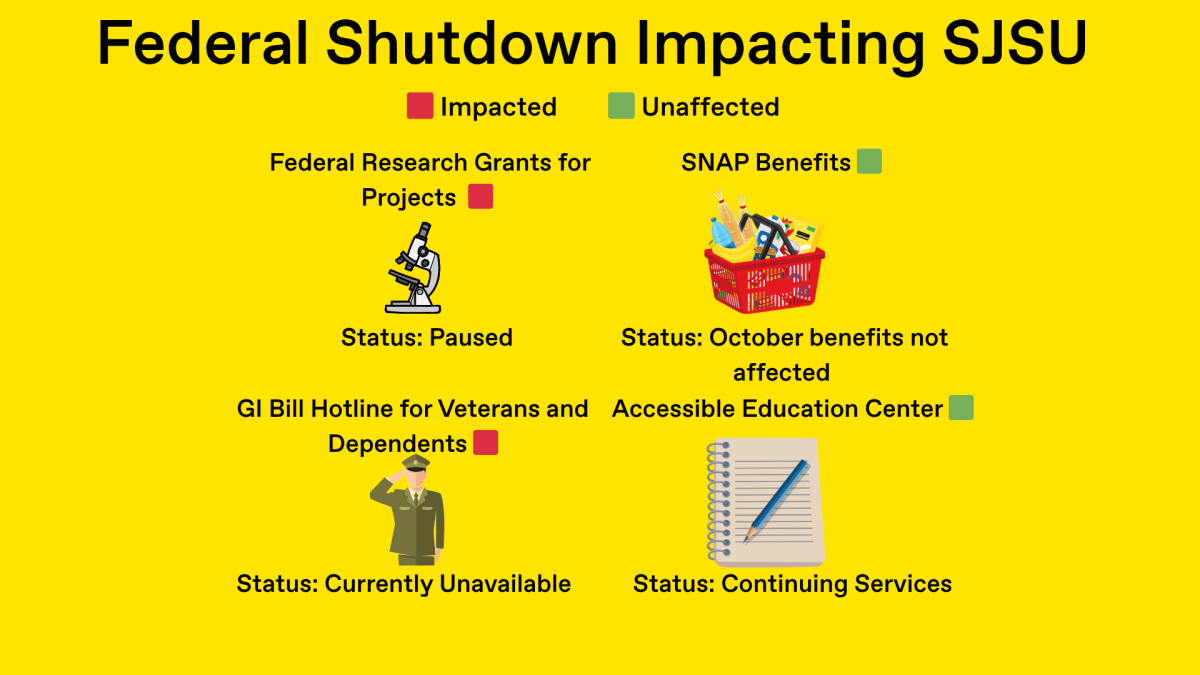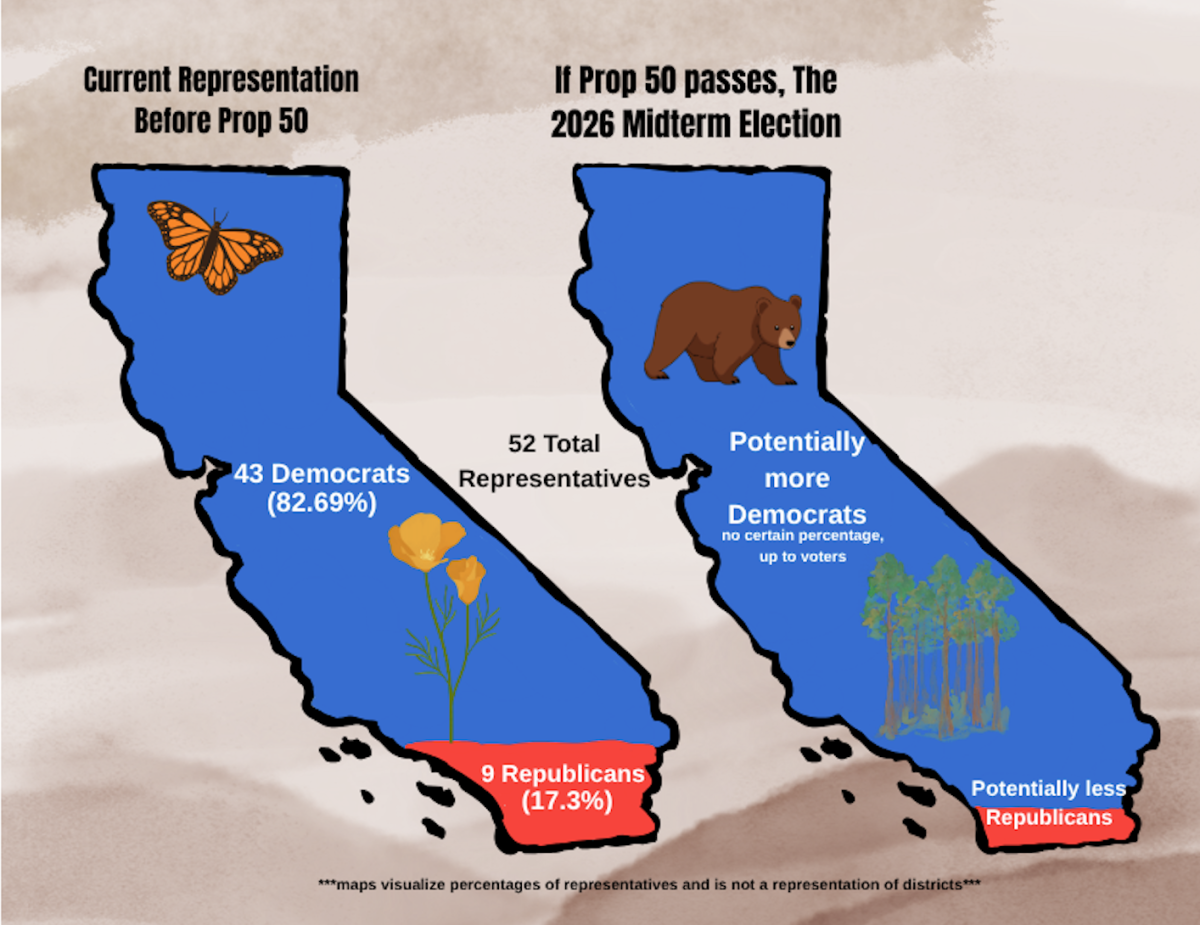On Tuesday, California Governor Gavin Newsom signed AB 715 into law, instituting the nation’s first Office of Civil Rights and statewide Antisemitism Prevention Coordinator.
First introduced by assembly members Rick Chavez Zbur (D-Los Angeles) and Dawn Addis (D-San Luis Obispo) in May, the bill aims to combat antisemitism in K-12 classrooms across California.
Ryan Skinnell, a San José State English professor, said he applauded the bill’s goals of reducing antisemitism and race-based discrimination in schools, but questioned how effective its policies would be.
“As goals go, I’m for it,” Skinnell said. “As mechanisms for actually creating the change they (legislators) hope to see, I don’t think this is a good bill at all.”
Sponsored by the Jewish Public Affairs Committee of California, AB 715 will require schools to investigate and take corrective action when instructors use discriminatory learning materials in classrooms.
“If we have an antisemitism czar, or whatever they call this person, how will we know that what they’re doing is working?” Skinnell said. “How will we know if it’s succeeded enough that we don’t need it any longer? …. We don’t know because they haven’t defined the problem very well.”
John Duroyan, president of San José State chapter of Students for a Democratic Society, works as a part-time substitute teacher for pre-K and K-12 students.
“If they’re going to come after antisemitism … don’t target educators because that is not where antisemitism is coming from,” Duroyan said. “Don’t target the pro-Palestinian left because that is not where antisemitism is coming from. The bulk of it is coming from the people you would actually suspect, which (are) Nazis who fly swastikas, they’re in this country and they’re suspiciously kind of ignored by these people.”
The Spartan Daily reached out to SJSU’s chapter of Students Supporting Israel, but did not receive a response in time for publication.
AB 715 passed with 71 assembly members voting for the bill and nine assembly members who did not vote on Sept. 13, according to CalMatters.
While no members in either chamber voted ‘No’ on the bill, a few local representatives – including state Senator Dave Cortese (District 15) and Assemblymembers Alex Lee (District 24) and Ash Kalra (District 27) – abstained.
“It seems fairly clear that Newsom is already campaigning to be president,” Skinnell said. “… I suspect that the reason that so many people voted for this version of it
(AB 715) is that they don’t want to go on record as being opposed to fighting antisemitism.”
It also faced opposition from several California education organizations, including the California Teachers Association (CTA), California Faculty Association (CFA) and California School Boards Association (CSBA).
Casey Smith, SJSU philosophy lecturer and member of CFA, said the bill would set a dangerous precedent for public education at all levels, not just K-12.
“It would seriously put me in danger. I don’t have the support, I don’t have the protection of anything like tenure like other faculty members are going to have,” Smith said. “At the end of the day, we (faculty) are (employed) at an at-will state.”
“I think there are a great many things I might say, maybe even in the process of trying to make sure my students are educated in spotting and fighting against antisemitism that itself, according to the wording of this bill, would be seen as a reason for a change in the curriculum or removing me from my position,” Smith said.
The bill requires that instruction be “factually accurate” and “consistent with accepted standards of professional responsibility, rather than advocacy, personal opinion, bias, or partisanship.”
Philip Heller, an SJSU computer science professor and former president of the Jewish Faculty and Staff Association, declined to comment.
Oli Harter, an intern at SJSU’s chapter of Students for Quality Education (SQE) and third-year animation and illustration student, traveled to Sacramento twice in September to protest the bill.
“We were out there with signs urging politicians, folks coming in and out of the Capitol, to vote no on AB 715,” Harter said.
SQE is a student group backed by the CFA that advocates for various quality of education issues across California State University campuses, according to Rachel Abeyta, an intern at SJSU’s chapter of SQE.
Senate Bill 48, a companion legislation to AB 715, added several positions to the new Office of Civil Rights, including coordinators for religious, race, gender and sexuality-based discrimination, according to an Oct. 8 article by the Mercury News.
“I think adding other minority groups to this bill does not erase the problems of the bill,” Harter said. “It feels like an afterthought … Okay, you got incredible pushback on this bill and instead of reconsidering the bill itself, you end up tacking on other minority communities as a crutch. It’s incredibly disingenuous and gross.”
AB 715 is set to go into effect Jan. 1, 2026.
Abeyta said she was unsurprised by Newsom’s signing of the bill but remains hopeful that students will mobilize against similar legislation in the future.
“If the time does come, where this bill comes knocking on our door, if they’re planning on implementing something similar, I hope that students will rise up and be there to fight that and that we can hopefully win,” Abeyta said. “We couldn’t win in this fight, but hopefully we win in that fight.”




